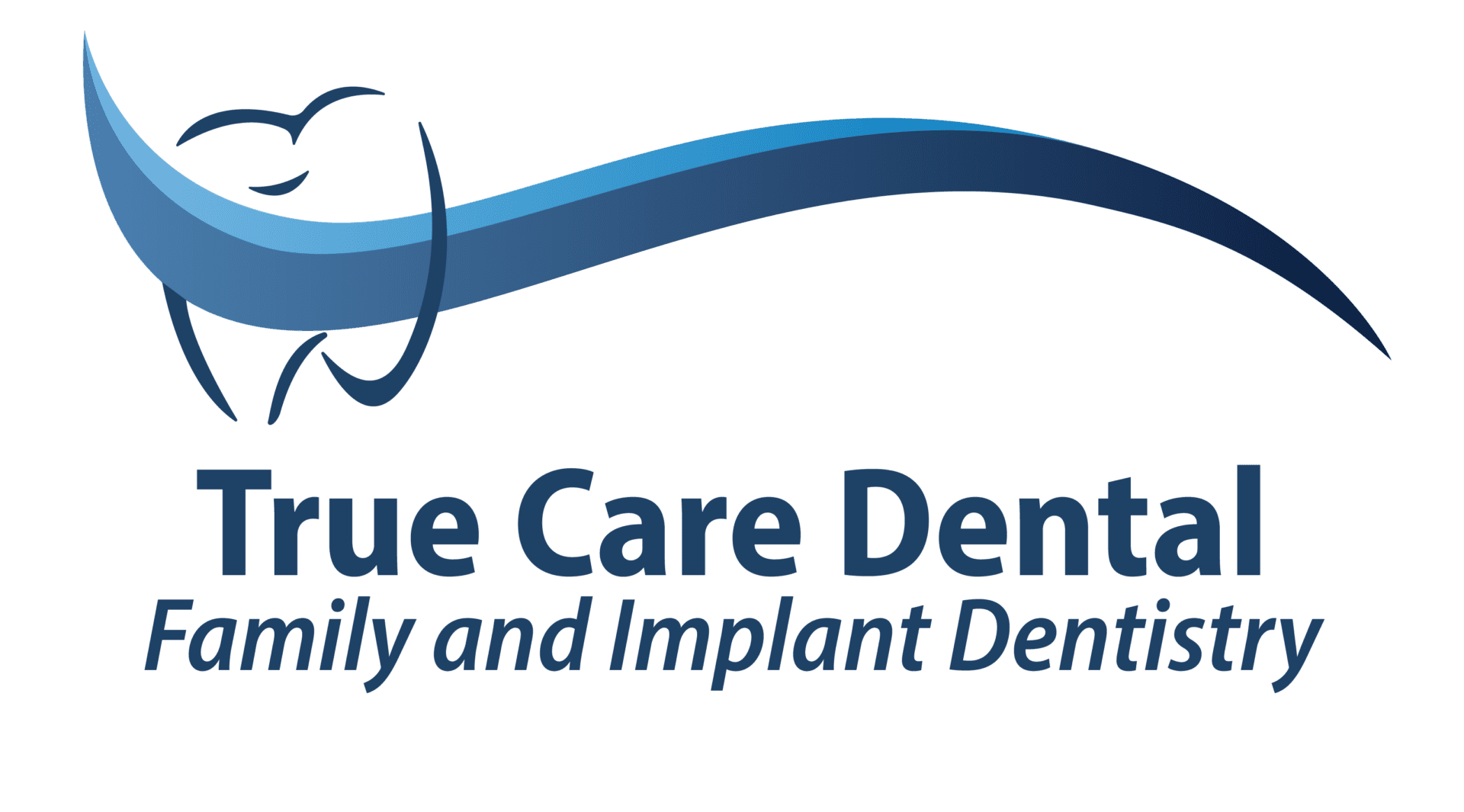The Center for Disease Control reports that cardiovascular disease causes about 610,000 deaths every year. That’s about 1670 people per day which makes it the #1 killer of both men and women in the United States. It is absolutely crazy to me that these statistics don’t get more attention! But, what does this have to do with your teeth? One of the most important mouth-body connections is your heart and mouth. One study found that having gum disease increases the risk of a first heart attack by 28%. I know that I for one would love to reduce my odds of having a heart attack by almost 30%. So, what do we have to do?
Inflammation in the mouth is the problem. The theory behind this is that the oral bacteria that causes periodontal disease gets in the blood stream and then attaches to fatty plaques in the coronary arteries which can contribute to clot formation. Coronary artery disease, which contributes to heart disease, is characterized by the thickening of the walls of the coronary arteries due to the buildup of fatty proteins. Eventually these thickened arteries block blood flow and this leads to heart attacks. This is why it is extremely important to keep this oral bacteria to a minimum. Why a minimum? Why wouldn’t we just get rid of it altogether? Unfortunately, it doesn’t work like that. Periodontal disease, which is the disease caused by this bacteria, is like diabetes in the sense that once you have it, it doesn’t just go away. We can put it into remission, but it always has to be monitored and treated. With periodontal disease, research has shown that it takes the bacteria approximately 90 days after a deep cleaning to get back to inflammatory levels. This is why once you are diagnosed with periodontal disease, it is imperative that you continue on a three-month cleaning schedule for as long as your dentist recommends. This is what keeps the bacteria that affects your heart under control.
We all know that taking care of your teeth and gums is important. However, this takes it to a whole new level. It is no longer just your teeth, but your heart that is affected. So please, call your dentist today and make sure you are doing everything you can to help your heart.

